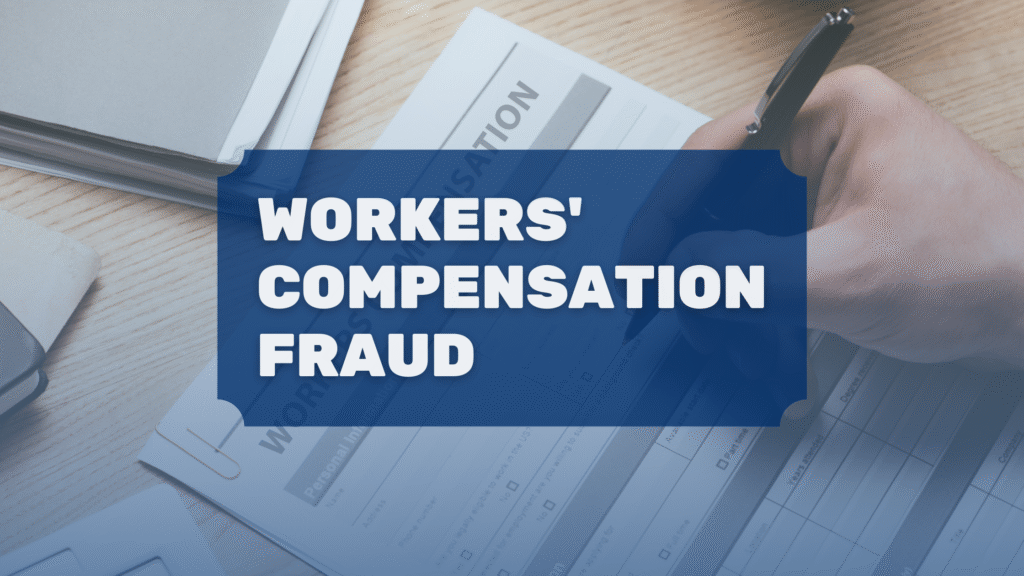June 5, 2025 | JacobiJournal.com – Hospice fraud and mobile job scams have taken on new dimensions, particularly in healthcare and employment, where fraudulent actors are exploiting systemic vulnerabilities. Investigators have uncovered a disturbing trend: scammers are enrolling Medicare beneficiaries in hospice care without their knowledge, while fraudsters are targeting job seekers to steal personal information.
Hospice Fraud: When Compassion Becomes a Cover
Alarmingly, fraudsters are enrolling individuals, many of whom are not terminally ill, into hospice programs to generate false Medicare claims. In many cases, these schemes often involve identity theft, where scammers gain access to Medicare numbers through deceptive marketing, door-to-door pitches, or unsolicited calls.
Once enrolled, victims often remain unaware until legitimate Medicare services are denied. This not only jeopardizes patient care but also defrauds government programs and taxpayers.
Mobile Job Scams: The New Phishing Frontier
Fraudsters now target job seekers through mobile-based job scams, posing as recruiters and sending convincing phishing emails.. These messages often include links that install malware like the AppLite Banker Trojan—designed to steal login credentials and sensitive information.
What makes these attacks particularly dangerous is their sophistication. Fraudsters clone job websites and create professional-looking recruiter profiles to deceive and exploit their targets.
What Legal and Compliance Teams Should Do
The key to prevention lies in proactive vigilance and system-wide awareness. Here’s what experts recommend:
- Audit Medicare records regularly to detect unauthorized hospice enrollments.
- Educate clients and patients to never share Medicare numbers via unsolicited calls or emails.
- Train HR and legal teams to identify phishing tactics and vet digital job offers.
- Implement strong endpoint security measures, especially for mobile devices.
- Encourage reporting through anonymous tip lines and fraud reporting portals.
Moreover, fraudulent hospice enrollment and mobile job scams are more than financial crimes—they erode public trust and endanger lives. With billions at stake, legal professionals, healthcare providers, and compliance officers must act as the first line of defense.
FAQs: About Hospice Fraud, Job Scams, and Identity Theft
What is hospice fraud and how does it happen?
Hospice fraud involves enrolling people into Medicare-funded hospice care without their knowledge to submit false claims.
How can job seekers avoid mobile job scams?
Always verify recruiter emails, avoid clicking suspicious links, and never share sensitive information through text or messaging apps.
Where can I report identity theft in healthcare or employment?
Report healthcare fraud to Medicare.gov/fraud and employment-related scams to the FTC at IdentityTheft.gov.
Stay ahead of rising threats like hospice fraud and job-based identity theft. Subscribe to JacobiJournal.com for weekly enforcement alerts, fraud case analysis, and compliance guidance tailored to healthcare and legal professionals.
🔎 Read More from JacobiJournal.com:
- Contractor Fraud Awareness Week 2025: Strengthening Consumer Protection Against Post-Disaster Scams
- Ex-Westminster Police Officer Charged with Insurance Fraud After Partying on Disability Leave
- San Jose Security Company Owner Faces Sentence for $3.4M Insurance Fraud
- Asbestos Clinic Closure Ordered to Pay BNSF Jury Award
- Deliveries Scam Plea Entered by California DoorDash Driver





